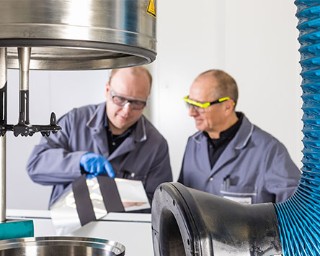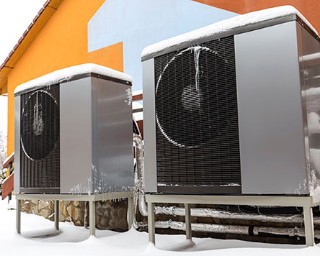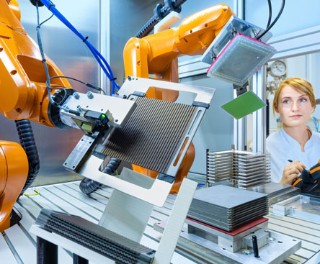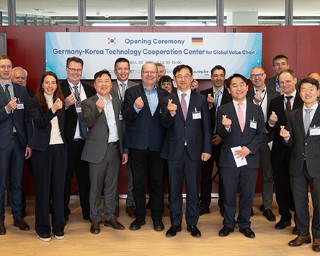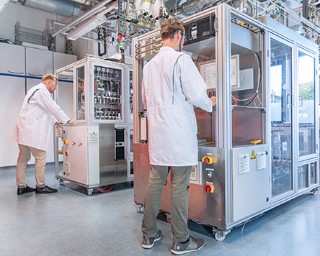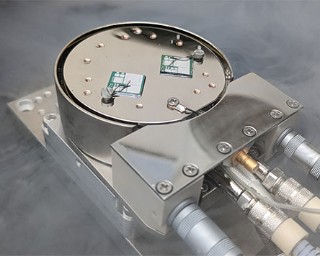Milestone for joint venture on solid-state sodium battery / 2024
Excellent feasibility study confirms potential of CERENERGY®
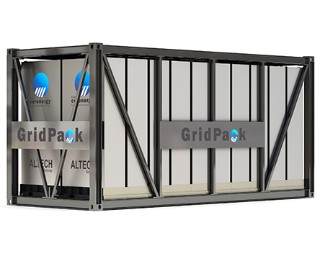
Altech Batteries GmbH, a joint venture of Fraunhofer IKTS and the ALTECH Group, has reached an important milestone with the publication of the feasibility study for the joint CERENERGY® project. The study underlines the great economic potential of the technology, which offers a sustainable energy storage solution with sodium solid-state batteries, especially for grid applications. A battery factory is planned in Schwarze Pumpe (Saxony) with an annual capacity of 120 battery containers with an output of 1 MWh each, the so-called “GridPacks”.
more info